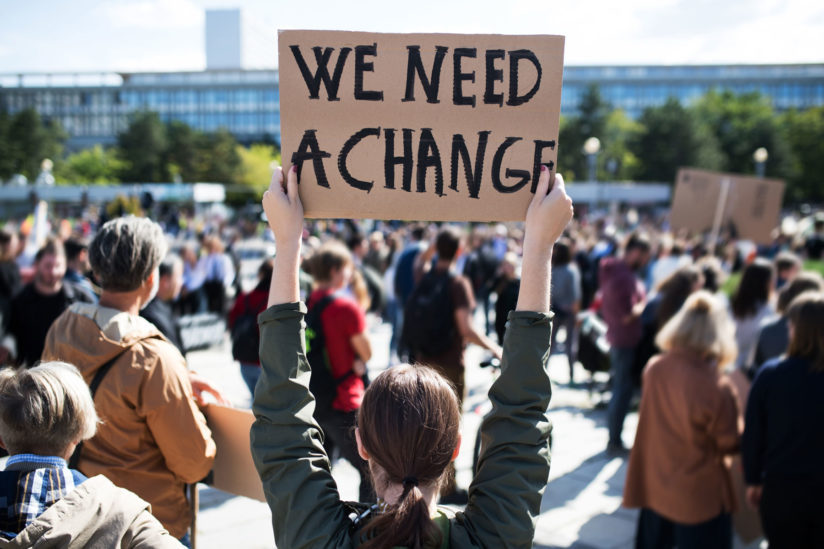Desperate for Change
It’s impossible to ignore the sense of dissatisfaction and the despair roiling our communities. Day by day we are witnessing and experiencing growing unrest that is deeply rooted in of the rampant inequality existing in our country for centuries. The innumerable perspectives and political opinions on what is happening in our nation are personal for many people, and the indictment of others’ opinions too often magnifies polarization and drowns out the common call that something is wrong and something must change. We must work together to disrupt the existing systems that enable these drastic inequalities to continue.
That there is disparate access to opportunity is indisputable. In America, your zip code and skin color are factors that are immensely predictive of your lifetime outcomes – of your earnings and accumulated financial gain, of your economic mobility, of your education, and even of your health. The correlation between these metrics and race is undeniable.
Even in the context of a universal virus – a pandemic that is scientifically non-discriminatory, there are strikingly different outcomes according to race and income. Dr. Lisa Cooper, a professor of medicine and public health at Johns Hopkins University, explains, “The virus isn’t going after black people. It’s because of structural inequities that have led to poor health and greater exposure to the virus.”
We have institutionalized policies that have not only failed to address disparities but have instead intentionally magnified them with tragic consequences for the wellbeing of our entire society. In its darkest moments, our nation has willfully created policies that limit opportunity for people of color, and often specifically black people, cementing systemic injustice along racial lines. At times, access to homeownership has been wielded as a tool of this injustice. Through intentional, specific means like zoning and restricted access to capital, the American Dream of homeownership was held farther and farther from the reach of minorities. Subsequent policies and rhetoric aimed at correcting this injustice have failed and we are now entrenched in a paradigm that is beyond unfair and calamitous – it is dangerous.
What do we do? How do we recover from decades of divisive policies and an economic and social chasm that is widening at a frenetic pace? There is no simple answer and no answer that will satisfy the immediate desperation that is raging in many of us. But there are mechanisms that we can enact now to target distressed communities and to begin the economic revolution that is necessary for long term justice.
It isn’t a matter of whether we can do something. It is clear now more than ever that we must do something. We must meet systemic injustice with endemic solutions. Restoring access to homeownership is one of those solutions and one that we can act on together right now. Homeownership is not just a means to acquiring an asset and increasing wealth, but also a means to financial stability, and better health and educational outcomes for homeowners and their families for generations to come.
For information on our model to restore access to homeownership, click here or contact us. We welcome all partners and ideas in the pursuit of sustainable change that improves individual lives and communities.

